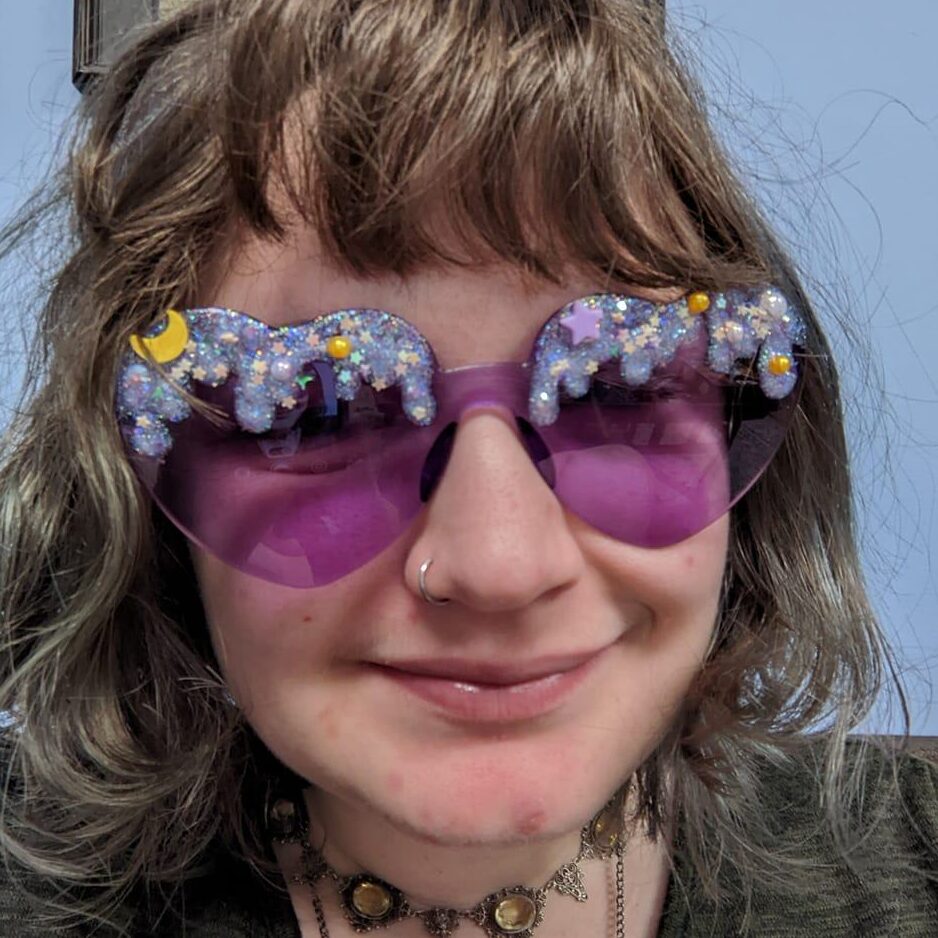Raised in a conservative and emotionally volatile Palestinian family in Brooklyn, Yara thought she would finally feel free when she married a charming entrepreneur who took her to the suburbs. She’s gotten to follow her dreams, complete an undergraduate degree in and land a good job, and raise her two daughters, So why doesn’t it feel like enough?
Soon, Yara finds her carefully constructed world beginning to implode. To save herself, Yara must reckon with the reality that the difficulties of the childhood she thought she left behind have very real — and damaging — implications not just on her own future but that of her daughters.
We spoke to award-winning author Etaf Rum about her latest book, Evil Eye, and her 2019 debut, A Woman Is No Man. In this interview, we discussed mental health, writing as therapy, and Rum’s future plans. This interview has been edited and condensed for clarity.
In your books, A Woman is No Man and Evil Eye, we see themes of mental health in terms of abuse and intergenerational trauma. What drove you to write about these topics?
The exploration of mental health themes in my novels, including abuse and intergenerational trauma, stems from a profound personal and cultural resonance. Growing up in a community where these issues were often overlooked or brushed aside, I felt a compelling need to shine a light on the complexities and challenges faced by individuals and families grappling with such realities. Through my writing, I aim to amplify the voices of those who are often silenced and to foster greater understanding and empathy for their experiences.
What was it that got you into writing?
My journey into writing was sparked by a lifelong love affair with storytelling. From an early age, I found solace and inspiration in the power of narrative to transport readers to new worlds, challenge preconceptions, and evoke profound emotions. Writing became a natural outlet for me to explore my own voice and perspectives, as well as to engage with the rich tapestry of human experience.
In your interview with Shondaland, you talked about your book, Evil Eye, and mentioned that in the community it highlights, mental health and therapy are taboo. Could you elaborate more on that? Why do you think topics like that are taboo in certain communities?
In communities depicted in Evil Eye, mental health and therapy are often viewed as taboo subjects due to deeply ingrained cultural stigmas and societal norms. These taboos stem from a complex interplay of historical, cultural, and religious influences that prioritize silence and secrecy over open dialogue. The fear of judgment, ostracization, and shame often prevents individuals from seeking the support and resources they desperately need, perpetuating a cycle of suffering and isolation.
In the same interview, you mentioned that you have found writing as a form of therapy. We’d love to hear more on that. What part of writing do you think is most therapeutic?
For me, writing is not only a creative endeavor but also a deeply therapeutic process. The act of crafting narratives allows me to confront and explore my own emotions, experiences, and traumas in a safe and introspective space. Through storytelling, I find healing and catharsis, as well as a sense of empowerment and agency over my own narrative. Writing provides a medium through which I can give voice to the silenced and advocate for greater understanding and compassion.
Do you have more writing plans for the future?
Looking ahead, I am passionate about continuing to amplify diverse voices and perspectives through storytelling. I am currently exploring new literary projects that delve into the complexities of identity, belonging, and resilience in the face of adversity. My goal is to continue challenging societal norms and fostering empathy and understanding through the power of narrative.


